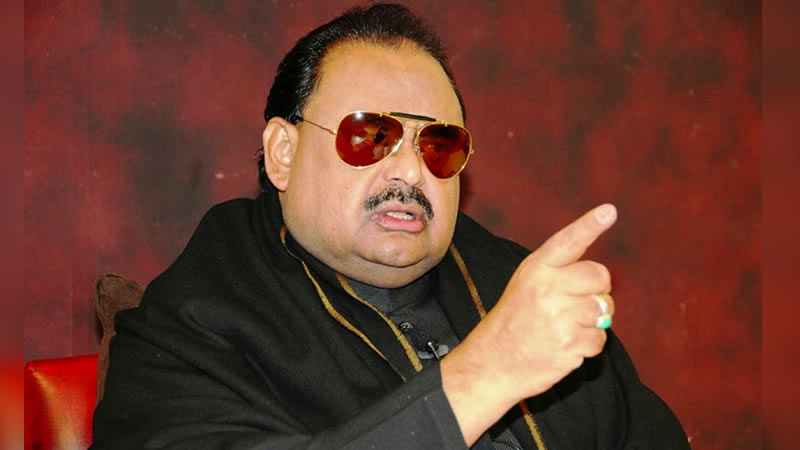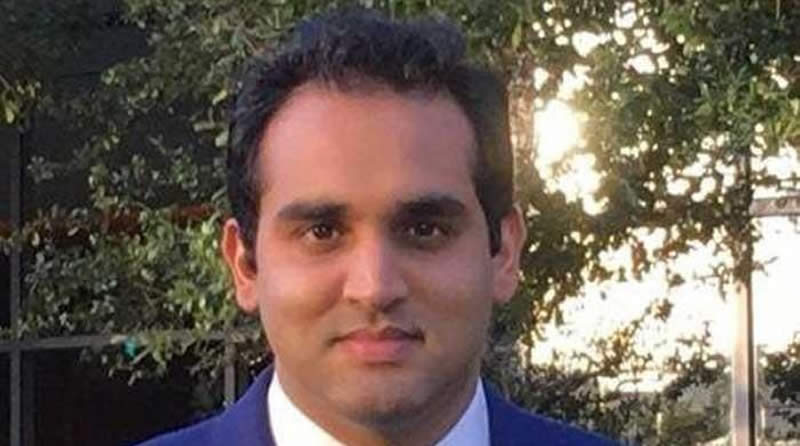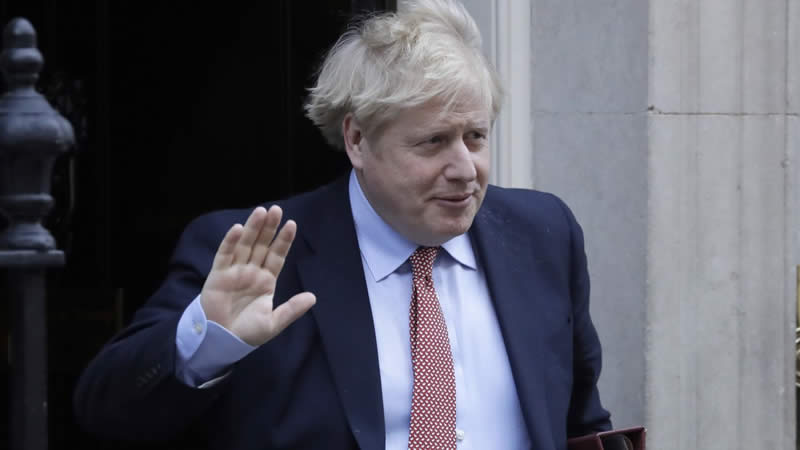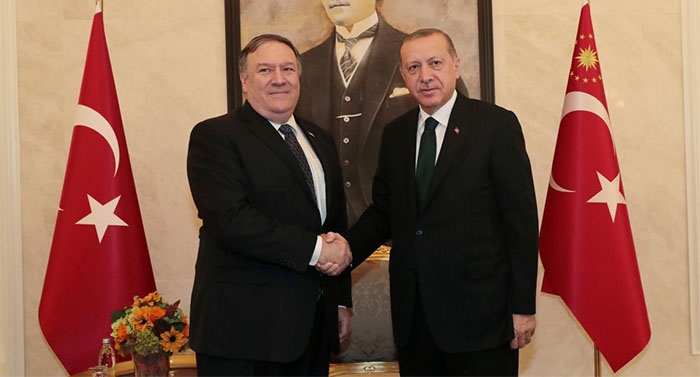 Union leaders will decide later whether to support a co-ordinated campaign of industrial action to oppose the government’s spending cuts.
Union leaders will decide later whether to support a co-ordinated campaign of industrial action to oppose the government’s spending cuts.
Several large public sector unions are warning of possible strikes over changes to pension entitlements.
But TUC officials are hopeful any action can be avoided after ministers agreed to extend talks.
Cabinet Office minister Francis Maude urged unions to talk rather than get embroiled in a “political fight”.
He told the BBC that any “general strike” would be illegal. Ministers wanted a dialogue with unions but they had to recognise that public spending had to be reduced, he added.
Ahead of the meeting in London on Friday, Public and Commercial Services union general secretary Mark Serwotka said: “I hope we’ll make good progress towards greater co-ordination between the unions.
“While strike action is always a last resort, it would be the result of the government’s refusal to change course and its political choice to press ahead with unnecessary and hugely damaging cuts.
“It’s logical that any industrial action is always more effective if more people are involved and that’s what I’ll be saying today.”
No alternative?
Matt Wrack from the Fire Brigades Union said the government had promised frontline services would be protected, but there was no evidence of that happening.
“Public sector workers, fire fighters, nurses, teachers, in fact working people in general, are being asked to pay for a crisis we didn’t cause, and had no role in causing,” he told the BBC.
Union leaders insist strikes remain a last resort, but among the big public sector unions there is a growing view there may be no alternative, the BBC understands.
The likely issue on which most seem prepared to take a stand – and on which they believe legally they would be able to co-ordinate their strikes – is pensions.
Some sources have predicted a campaign beginning in the spring – but that now appears less likely after the TUC negotiated an agreement with ministers to hold off implementing any changes until June.
Some smaller unions are calling for a more cautious strategy designed to build support among other groups, such as charities, who are affected by the cuts.
‘Debt legacy’
Mr Maude told the BBC that public sector workers were not to blame for the UK’s budget deficit but spending did need to be cut.
“We want to engage with the unions, and we are doing so, to try and get the best result for their members,” he told the BBC. “We do not want a political fight with the unions and some union leaders are sounding if that is what they want.
“We want to engage to get the right outcome for all taxpayers that is fair for future generations so they do not have to bear these terrible costs of Gordon Brown’s debt legacy.”
The prospect of further industrial action has led some senior Tory figures, including Mayor of London Boris Johnson, to call for changes to trade union law to ensure that strike ballots can only be lawful if 50% of union members take part.
But Mr Maude downplayed this possibility. “We think the laws work pretty well as they are and any changes to the law would be very much a last resort,” he said.
TUC general secretary Brendan Barber has said there is “absolutely no justification for tightening up even further the already massively restrictive laws on strikes in Britain”.
The issue has risen up the political agenda following a series of high-profile strikes, including walkouts by London Underground staff and binmen working for Birmingham City Council. – Bbcnews











